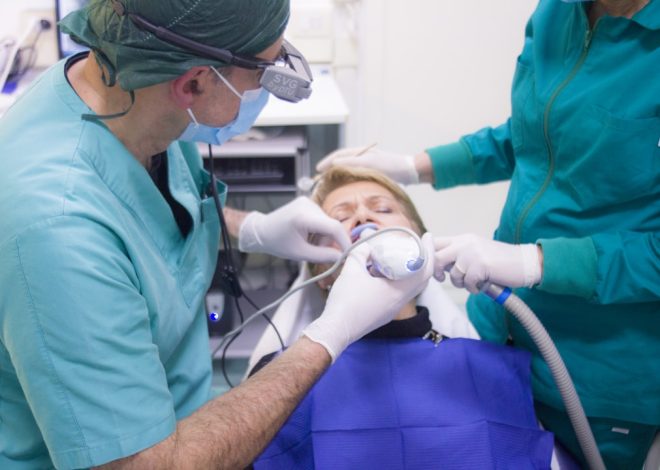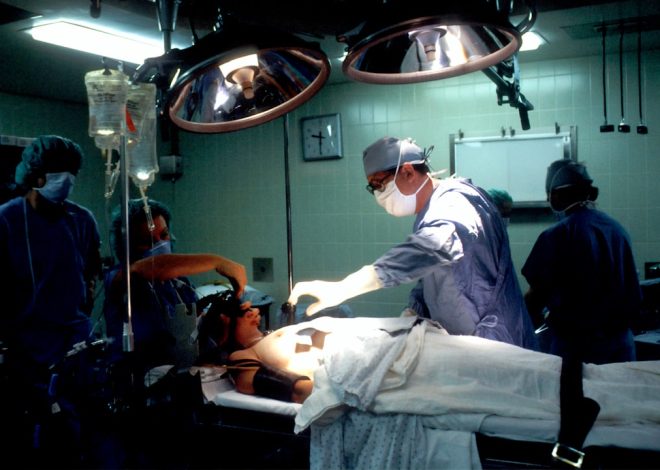
Understanding Doberman Health: Common Issues
Dobermans are a popular breed known for their loyalty, intelligence, and sleek appearance. However, like all breeds, they are prone to certain health issues that owners should be aware of. Understanding the common health concerns and genetic predispositions of Dobermans is crucial for providing the best care and ensuring a long and healthy life for these beloved pets. By being proactive and informed about their health, owners can take steps to prevent and manage potential health issues, ultimately improving the quality of life for their Dobermans.
Doberman health encompasses a wide range of concerns, from genetic predispositions to orthopedic problems, cardiovascular issues, and skin and coat conditions. It is important for owners to be vigilant in monitoring their Doberman’s health and seeking regular veterinary care to address any potential issues early on. With proper preventative care and maintenance, many health issues in Dobermans can be managed effectively, allowing these loyal companions to live long and fulfilling lives.
Key Takeaways
- Dobermans are prone to certain health issues, so it’s important for owners to be aware of potential problems and take preventative measures.
- Common health issues in Dobermans include heart disease, cancer, and hip dysplasia, among others.
- Genetic health concerns in Dobermans can include von Willebrand’s disease, dilated cardiomyopathy, and hypothyroidism.
- Orthopedic problems such as hip dysplasia and osteosarcoma are common in Dobermans and can be managed with proper care and treatment.
- Cardiovascular issues, including dilated cardiomyopathy, are a significant health concern for Dobermans and should be monitored closely by a veterinarian.
Common Health Issues in Dobermans
Dobermans are generally a healthy breed, but like all dogs, they are prone to certain health issues. One common health concern in Dobermans is dilated cardiomyopathy (DCM), a condition that affects the heart muscle and can lead to heart failure. This is a serious issue in the breed, and regular cardiac screenings are recommended to monitor for early signs of DCM. Additionally, hypothyroidism is another common health issue in Dobermans, which can lead to weight gain, lethargy, and skin problems. Regular thyroid screenings can help detect and manage this condition effectively.
Another common health issue in Dobermans is von Willebrand’s disease, a genetic bleeding disorder that affects the blood’s ability to clot. This can lead to excessive bleeding from minor injuries or surgeries, and affected dogs may require special care to manage this condition. Additionally, Dobermans are prone to certain skin conditions such as alopecia (hair loss) and color dilution alopecia, which can affect the coat and skin health of the breed. Regular grooming and skin checks can help identify and manage these issues early on.
Genetic Health Concerns
Genetic health concerns are a significant consideration for Doberman owners, as the breed is predisposed to certain hereditary conditions. One of the most well-known genetic health concerns in Dobermans is the prevalence of DCM, which has a strong genetic component. Responsible breeding practices and regular cardiac screenings are crucial for managing this condition and reducing its impact on the breed.
Another genetic health concern in Dobermans is hip dysplasia, a condition that affects the hip joints and can lead to pain and mobility issues. Responsible breeding practices that prioritize hip health can help reduce the incidence of hip dysplasia in the breed. Additionally, von Willebrand’s disease is an inherited bleeding disorder that affects many Dobermans, and responsible breeding practices can help reduce the prevalence of this condition as well.
Orthopedic Problems
| Orthopedic Problem | Prevalence | Treatment Options |
|---|---|---|
| Osteoarthritis | 27 million adults in the US | Physical therapy, medication, joint replacement |
| Scoliosis | 2-3% of the population | Bracing, surgery |
| Fractures | 6.3 million fractures annually in the US | Immobilization, surgery |
Orthopedic problems are a significant concern for Dobermans, as the breed is prone to certain musculoskeletal issues. One common orthopedic problem in Dobermans is cervical spondylomyelopathy, also known as wobbler syndrome, which affects the neck vertebrae and can lead to weakness and coordination issues. This condition may require surgical intervention to manage effectively.
Another orthopedic problem in Dobermans is osteosarcoma, a type of bone cancer that can affect the breed. This aggressive cancer can lead to pain and lameness, and early detection and intervention are crucial for managing this condition effectively. Additionally, Dobermans are prone to cruciate ligament injuries, which can lead to lameness and require surgical intervention to repair.
Cardiovascular Issues
Cardiovascular issues are a significant concern for Dobermans, as the breed is predisposed to certain heart conditions. Dilated cardiomyopathy (DCM) is a common cardiovascular issue in Dobermans, affecting the heart muscle and leading to heart failure. Regular cardiac screenings are crucial for monitoring for early signs of DCM and managing this condition effectively.
Another cardiovascular issue in Dobermans is arrhythmogenic right ventricular cardiomyopathy (ARVC), a condition that affects the heart’s electrical system and can lead to abnormal heart rhythms. Regular cardiac screenings and monitoring for signs of arrhythmias are important for managing this condition and ensuring the best possible outcome for affected dogs.
Skin and Coat Conditions

Skin and coat conditions are a common concern for Dobermans, as the breed is prone to certain dermatological issues. One common skin condition in Dobermans is alopecia, which can lead to hair loss and affect the overall appearance of the coat. Additionally, color dilution alopecia is a genetic condition that affects dogs with diluted coat colors, such as blue or fawn Dobermans. This condition can lead to hair loss and skin problems, requiring special care to manage effectively.
Another skin and coat condition in Dobermans is acral lick dermatitis, also known as lick granuloma, which can result from excessive licking or chewing on the skin. This condition can lead to hair loss and skin irritation, requiring intervention to address the underlying cause and manage the symptoms effectively.
Preventative Care and Maintenance for Doberman Health
Preventative care and maintenance are crucial for ensuring the best possible health outcomes for Dobermans. Regular veterinary check-ups are important for monitoring overall health and addressing any potential issues early on. Additionally, maintaining a healthy diet and exercise routine can help prevent obesity and reduce the risk of certain health issues such as hypothyroidism.
Regular grooming and skin checks are important for identifying and managing skin and coat conditions early on. This includes regular bathing, brushing, and inspection of the skin for any signs of irritation or hair loss. Additionally, providing regular dental care such as brushing or dental chews can help prevent periodontal disease and maintain overall oral health.
Responsible breeding practices are crucial for reducing the prevalence of genetic health concerns in Dobermans. This includes genetic testing for hereditary conditions such as DCM, von Willebrand’s disease, and hip dysplasia, as well as prioritizing overall health and temperament in breeding programs.
In conclusion, understanding the common health issues and genetic predispositions of Dobermans is crucial for providing the best care and ensuring a long and healthy life for these beloved pets. By being proactive and informed about their health, owners can take steps to prevent and manage potential health issues, ultimately improving the quality of life for their Dobermans. With proper preventative care and maintenance, many health issues in Dobermans can be managed effectively, allowing these loyal companions to live long and fulfilling lives.
FAQs
What are some common health issues in Dobermans?
Some common health issues in Dobermans include dilated cardiomyopathy, von Willebrand’s disease, hip dysplasia, and hypothyroidism.
What is dilated cardiomyopathy in Dobermans?
Dilated cardiomyopathy is a heart condition that affects Dobermans, causing the heart muscle to become thin and weak, leading to heart failure.
What is von Willebrand’s disease in Dobermans?
Von Willebrand’s disease is a blood clotting disorder that is inherited in Dobermans, causing excessive bleeding and bruising.
How is hip dysplasia diagnosed and treated in Dobermans?
Hip dysplasia is diagnosed through X-rays and can be treated with medication, weight management, and in severe cases, surgery.
What is hypothyroidism in Dobermans?
Hypothyroidism is a condition in which the thyroid gland does not produce enough hormones, leading to symptoms such as weight gain, lethargy, and skin issues in Dobermans.
How can Doberman health issues be prevented?
Doberman health issues can be prevented through regular veterinary check-ups, a balanced diet, regular exercise, and responsible breeding practices.


